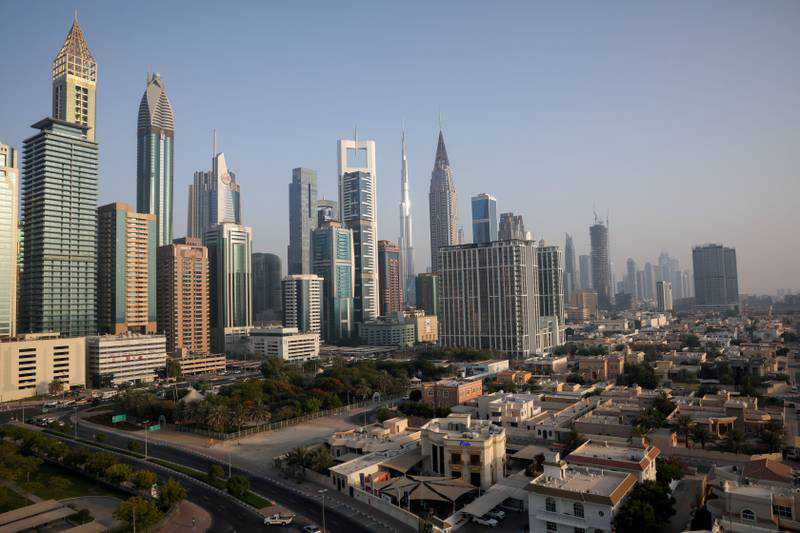UAE tops Arab world in future readiness
21 September, 2021

The UAE has been ranked number one in the Arab world with respect to its digital progress and preparedness for the future, a new report has shown.
The Emirates stood third - with Singapore claiming the number one spot - among 27 emerging global economies, the latest Future Readiness Economic Index showed.
The report was compiled by the Washington-based Portolans Institute in collaboration with Google.
The UAE was ranked 27th out of 123 countries.
Ohoud bint Khalfan Al Roumi, Minister of State for Government Development and the Future, said the UAE’s high performance reflects the vision of the country’s leadership to “prepare for the future and embrace innovation as the cornerstone of comprehensive development".
Accelerating digital transformation has played a critical role in ensuring business and services continuity during the Covid-19 pandemic, providing a new array of innovative services, she added.
This month, the UAE announced the Principles of the 50 and Projects of the 50 initiatives as part of its sustained efforts to promote future readiness.
Other Arab countries in the Future Readiness Economic Index's top 100 include Qatar (35th), Saudi Arabia (41st), Kuwait (65th), Jordan (73rd), Lebanon (88th) and Egypt (89th).
The report attempts to provide countries with a way of measuring future readiness and serve as a guide to strategy and policy decisions. It focuses on four main pillars - institutions and infrastructure, technology, talent and innovation.
Each main pillar includes 15 sub-pillars that monitor government competencies, such as the ability to prepare for the future, embrace digital transformation, invest in human capital, attract talent and invest in research and development.
The UAE secured leading positions in the main pillars of the index. Globally, it ranked third in monitoring skills and the use of modern technologies, fourth in attracting talent and sixth in creating its own talent.
It also ranked among the top 30 countries in 10 sub-pillars focused on readiness, agility, technology, digital transformation and investment in human capital.
The Covid-19 pandemic, which upended global economies and shuttered many businesses, has had devastating effects on emerging economies, the report said.
In countries like Kenya, India and Brazil, the pandemic drove up unemployment, disrupted supply chains and devastated entire industries, said Kent Walker, Google’s senior vice president for global affairs.
“If we do nothing, it could take years for these countries to recover, creating even greater divides between people in developed and emerging economies,” said Mr Walker.
However, if emerging economies adopt the right digital policies, they could come out “stronger and better prepared to accelerate economic growth and opportunity,” the report stated.
“Greater digital adoption could help emerging economies generate as much as $3.4 trillion of economic value by 2030,” said Mr Walker.
“That amount of growth would mean a 25 per cent increase in the GDP [gross domestic product] of Brazil, a 31 per cent increase in Saudi Arabia and a 33 per cent increase in Nigeria.”
Emerging economies also have a key advantage.
“Unlike developed economies - which need to upgrade or replace outdated legacy infrastructure - many emerging markets can leapfrog ahead, building advanced tools from scratch rather than remodelling existing ones,” added Mr Walker.
Source: www.thenationalnews.com
